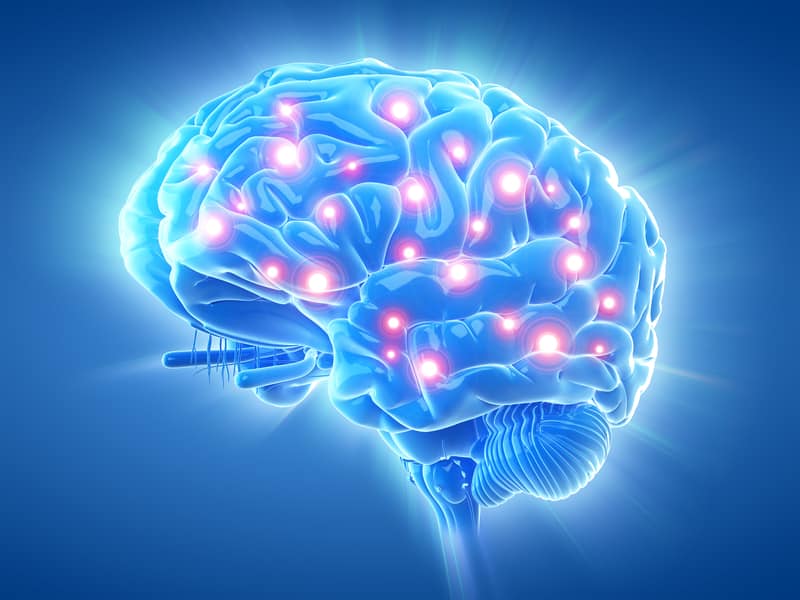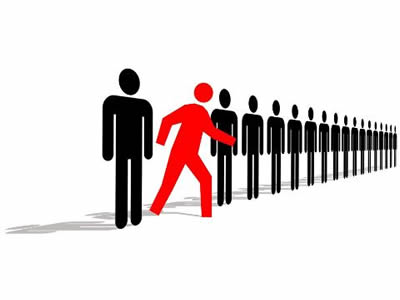21th century skills and the school of the future
Hi there!In this post I will be writing about 21th century skills and how to develop them in the context of language learning.But first of all, what are 21th century skills?According to the definition (from the glossary of education reform, link:https://www.edglossary.org/21st-century-skills/), the term 21th century skills refers to a broad set of knowledge, skills and work habits and character traits that are believed to be important in today's world - especially at a workplace. For me personally, as a teacher of German and of English language, I consider this task quite important, especially because of the fact that we don't know what kind of jobs are going to disappear in the next 15 years and neither do we know what kind of jobs are going to exist in the future, but one thing is sure; these skills which I am going to list below are indispensable for a successful career in the future. According to Bri Stauffer (you can find her blog under this link:https://www.aeseducation.com/blog/what-are-21st-century-skills) 21th century skills include the following abilities that students need to know:
I. Learning skills: Adapt & Improve
 1. Critical thinking
1. Critical thinking 3. Collaboration
3. Collaboration 4. Communication
4. Communication
II. Literacy skills: How to determine trustworthy sources?
 5. Information literacy
5. Information literacy
III. Life skills: Personal & Professional Qualities
 8. Flexibility
8. Flexibility 9. Leadership
9. Leadership 10. Initiative
10. Initiative 11. Productivity
11. Productivity 12. Social skills
12. Social skillsBut the question is, how do we integrate them into the classroom?
Here is one example:
Collaborate: It's a skill which can be really easily achieved during a lesson, as this kind of activity involves learners working together in order to complete a task. It is also a good activity as it increases the opportunities a student has to use the target language during class. Good collaborative activities: f.e. completing shared tasks in a pair group like matching, sorting, ranking, or activities with a competitive element like bingo.
Creativity: It's an activity which gives the students freedom to explore the surrounding and learn new things from them. Luckily, foreign language classes allow us to be creative all the time, as learning a new language is equal to developing a new skill which is a happy thing. I always use information collected from the class and I try to make such exercises which are in connection with their interest as well.
Furthermore, Sara Davila (https://www.english.com/blog/21st-century-skills/) refers to the term "four Cs" of 21th century skills, including: Communication, Critical Thinking, Creativity and Collaboration. These sound pretty much like classroom goals as a language teacher.
Comments
Post a Comment